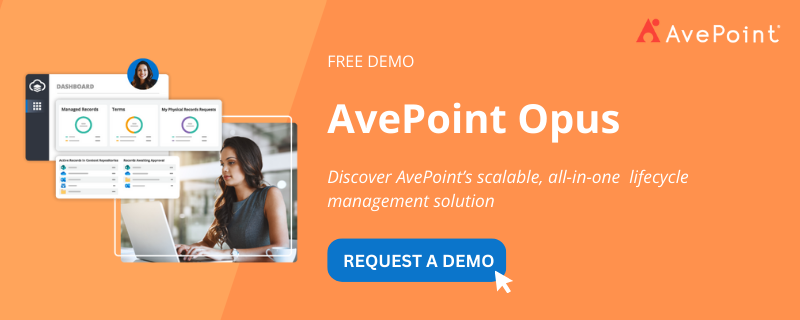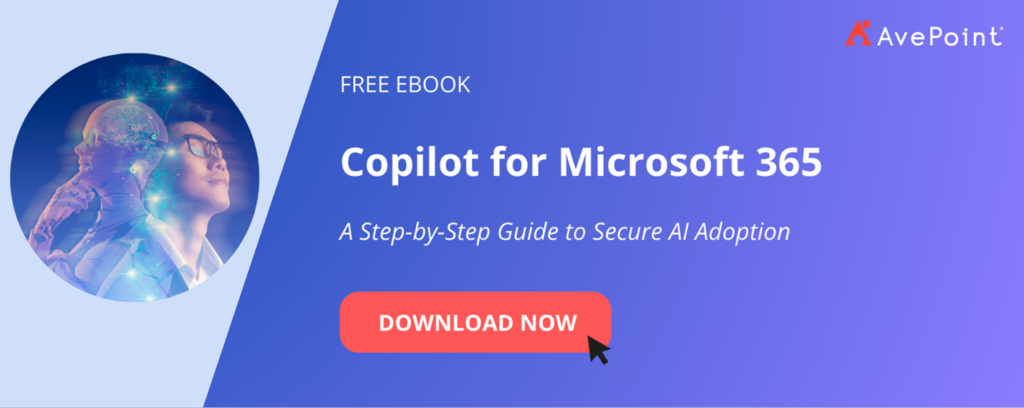The AI and Information Management Report 2024 found a striking revelation: while 80% of the 750+ surveyed organizations believed their data was prepared for AI application, more than half (52%) experienced data quality and categorization challenges during AI implementation.
The significant disparity between an organization’s perceived preparedness and the actual situation likely arises from an incomplete understanding of the intricacies of data management in the age of big data. This, coupled with a skills deficit needed to navigate the ever-evolving data environment, may contribute to this readiness-reality gap.
For AI tools that rely on institutional data to produce precise outputs, understanding data quality is crucial.
AI effectiveness hinges on knowledge of and insights into data’s quantity and quality; without these, inaccuracies and inefficiencies arise. Thus, effective data management is essential, ensuring AI has quality, organized data for accurate, reliable results.
So how do you know if your data is AI-ready? This blog post outlines the three qualities of AI-ready data to help your organization unlock the full potential of AI.
3 Must-Have Attributes of AI-Ready Data
Quality Data is Centralized.
Many organizations require several platforms to address their diverse business needs and objectives, leading to data being stored in multiple repositories. According to the AvePoint report, 87% of organizations store their data in the cloud, 51% also keep data in self-hosted storage, and 46% store it in physical documents.
This storage setup can lead to a separate and fragmented data ecosystem that complicates accessibility for both people and AI; AI algorithms need access to all relevant information to build appropriate learning models, which can be difficult when data is stored in multiple, disconnected locations. Ensuring AI’s access to all corporate data may also mean physical documents need to be digitalized, categorized, and integrated with existing data to better inform AI-generated results.
A solution like AvePoint Fly offers advanced migration capabilities, supporting various data types and collaboration platforms like Google Workspace, Salesforce, Dynamics 365, and more, so all business-critical data is efficiently relocated and properly accounted for. This streamlines the transition to a centralized, AI-ready data environment.
2. Quality Data is Contextualized.
Without a proper classification system, AI tools risk-taking data out of context, resulting in unreliable outcomes. For instance, an AI tasked with generating a sales performance report for the first quarter might mistakenly rely solely on the January 2024 sales data if documents are incorrectly tagged. This error could result in misleading conclusions, suggesting the sales team failed to meet its Q1 targets. That’s why proper data categorization is key for AI to better understand the context of your data to provide accurate insights.
Proper data classification is an important proactive step for AI implementation. Data classification serves as essential metadata that enables AI systems to comprehend the nature of content and its contextual relevance within the broader data ecosystem.
By categorizing information, these labels facilitate seamless integration into the overall data landscape, allowing for more effective analysis, retrieval, and utilization. It helps the AI tool to access clean and organized data which enhances the tool’s reliability to produce precise outputs.
Solutions like AvePoint Opus make data classification easy, enhancing the contextual relevance of AI results. AvePoint Maestro, the AI-powered classification feature of AvePoint Opus, leverages Azure Machine Learning to analyze content and metadata and assign policies to documents. AvePoint Opus relieves you of extensive manual intervention by enabling proper tagging and lifecycle management to ensure that your data remains contextualized. This way, AI tools produce the highest quality output possible.
3. Quality Data is Relevant.
The AI and Information Management Report also revealed that 50% of the respondents’ organizational data is over five years old, which most likely has redundant, obsolete, or trivial (ROT) data. Having ROT data not only burdens storage systems but also compromises the validity of AI-generated insights that were pulled from outdated information. Consider this: an innocent query about potential layoffs triggers an AI response to reference a decade-old document on a long-forgotten downsizing plan. The result? Unnecessary panic and anxiety.
To harness the true power of AI, we must recognize that hoarding needless data hampers the tool’s ability to deliver relevant outcomes. Retaining outdated data not only muddles decision-making but also erodes trust in AI-generated outputs.
For precise and actionable AI results, data retention must align with necessity. By curating clean, organized datasets, AI models are primed to uncover meaningful patterns and trends. But it’s not just about what you keep — it’s also about what you discard. Establishing a robust system for purging irrelevant data empowers AI tools to provide accurate predictive analyses, driving sharper insights and smarter decisions.
While compliance mandates may dictate data retention periods, a nimble data management system is essential for tailoring retention policies to AI needs. This ensures that only the most valuable data fuels AI-driven processes, optimizing performance and fostering confidence in outcomes.
AvePoint Opus helps streamline the data lifecycle management process by enabling organizations to manage content from creation to archiving and disposal of needless data. The best way to ensure you have only relevant data in your system is by automating the disposal of content for optimum AI performance, and AvePoint Opus can help you achieve this important task. It offers an accessible tool for managing content retention and disposal, eliminating the need to grasp the complexities of Microsoft 365 or other content systems.
Moreover, the archiving function of AvePoint Opus helps you determine what content to get rid of which not only improves AI training but also saves you money or storage costs by moving inactive content to archive storage.
Partner with AvePoint to Achieve AI-Ready Data!
Preparation is crucial for any successful initiative, and the three data principles we discussed are as vital to AI success as adopting new technologies or training employees. The insights provided here aim to empower organizations to fully leverage AI tools like Microsoft 365 Copilot, equipping them to excel in an AI-centric future.
Want to know more about how you can prepare your data for successful AI implementation? Check this out: Explore the Possibilities of Efficient and Cost-Effective Data Management in the Era of AI





